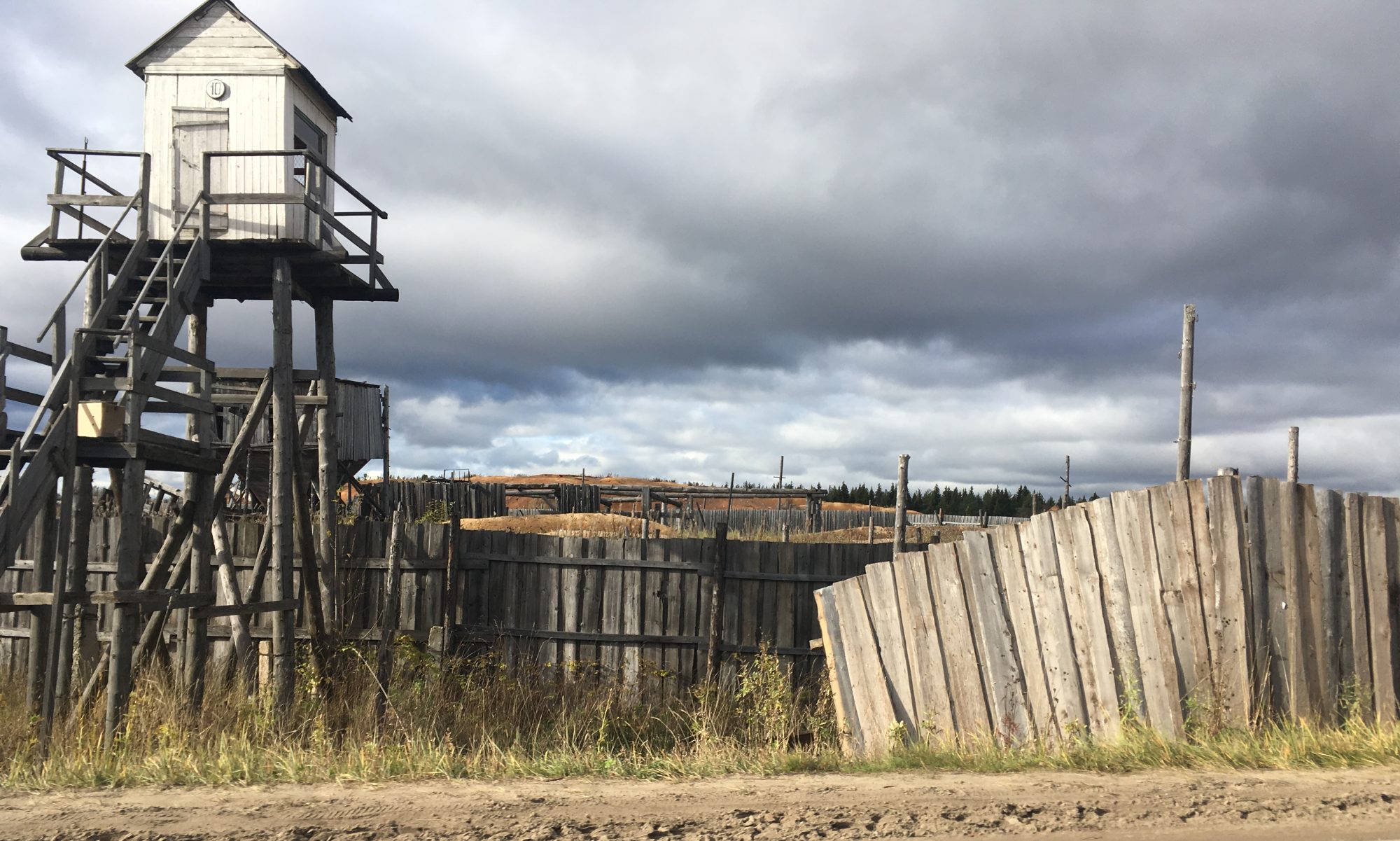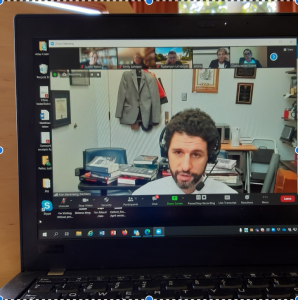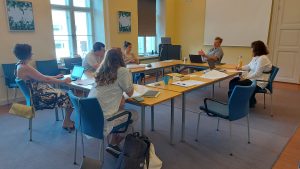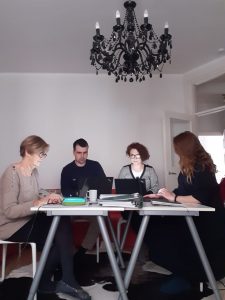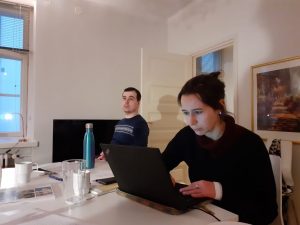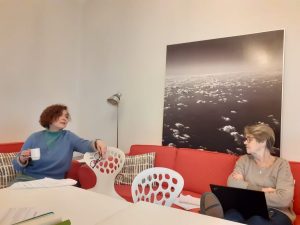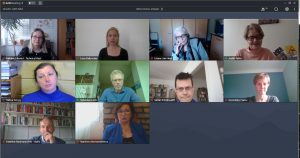BY PROFESSOR JUDITH PALLOT
In a new article in Riddle, an online journal on Russian affairs, project PI Judith Pallot discusses how to interpret the recent announcement that the Russian Prison Service to contract out = penal labour to work on the BAM railroad. The publication is available in Russian and in English. A longer version is available here on the project blog.
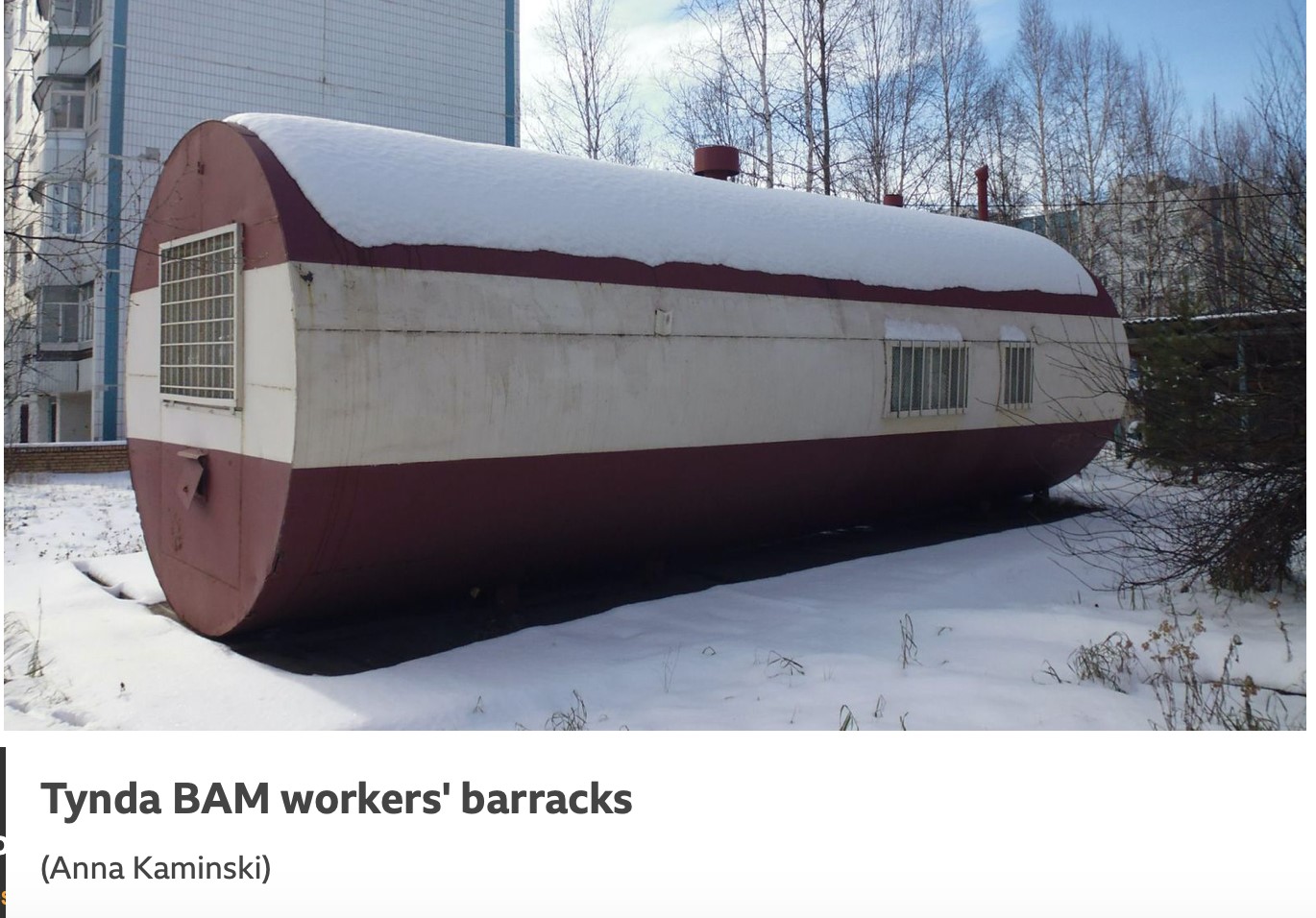
Last month FSIN (the Russian Federal Corrections Service) made the startling announcement that it was negotiating a contract with the Russian Railway Authority to use penal labour to work on the Baykal-Amur railway project. FSIN’s right to sub-contract out penal labour to private companies and other state agencies is an extension of the punishment of ‘force labour as an alternative to deprivation of freedom’ (принудительные работы применяются как альтернатива лишению свободы) which was added to the criminal correction code in 2011.[1]
